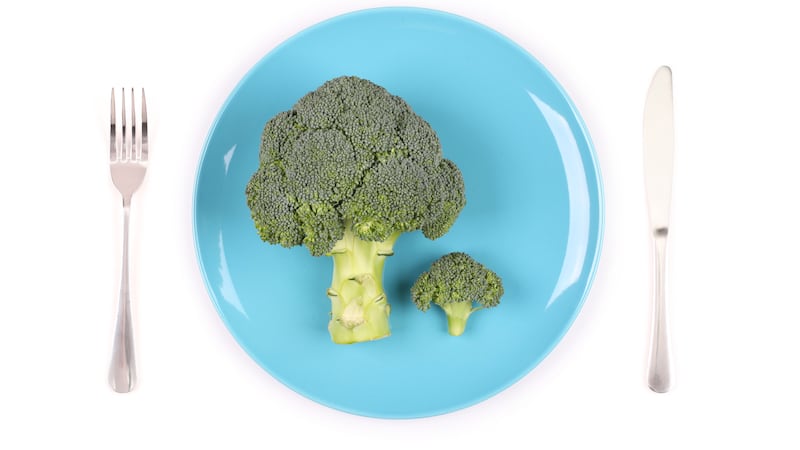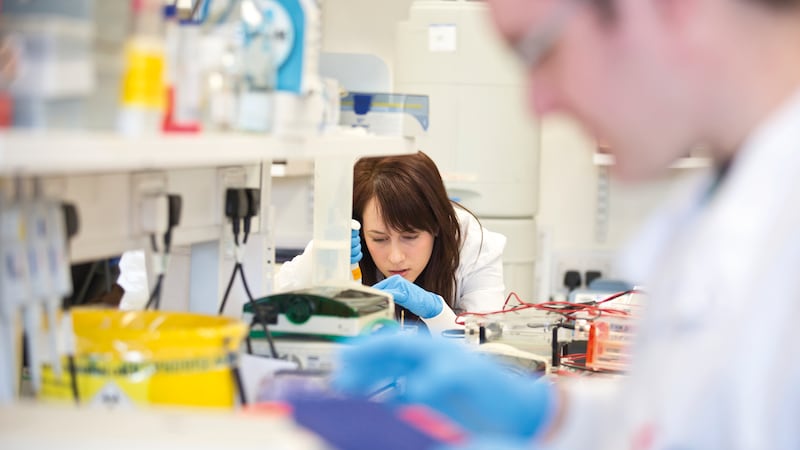LOOKING inside your mouth to discover white stringy bits flaking off your tongue and cheeks would naturally set off alarm bells.
If the soft tissue of your mouth not only look odd but also feel as if they are on fire then this may be a disease called Lichen planus, LP.
So, what tipped the balance that made the cheeks turn from healthy pink into a mottled marbly look? Well, sometimes the cause remains elusive but on occasion it can be connected to a previous hepatitis C infection that attacked the liver.
It could also be down to certain medications or a reaction to the metal fillings in your teeth. Sometimes its even down to the immune systems going a bit haywire and starting to attack the body's own cells instead of protecting them.
A few studies are linking LP to low levels of vitamin D which has a knock-on effect to the immune system so yet another reason to get your pins out and soak up the sun rays when you get a chance.
The mouth symptoms can go hand in hand with skin lesions that look red and shiny or purply bumps which are most common on the wrists, arms, back and ankle.
Lichen planus can target the nails making them split or in unfortunate cases fall off completely. Even the genitals can be affected turning them bright red, itchy and tender.
LP tends to affect both men and women in middle age so luckily its very rare in young people. If you think you have any of these symptoms, then ask your doctor or dentist to take a look.
A biopsy may be taken to be examined under the microscope to get a definitive diagnosis. It's important to keep an eye on the lesions as in extremely rare cases they can turn cancerous.
Happily, in most cases LP lesions resolve on their own within two years. Any itchiness with LP can be treated with creams and medications from your doctor.
You can also try avoiding spicy or salty foods and some people with LP find that using a toothpaste free of sodium laurel sulphate relieves the burning sensation.



